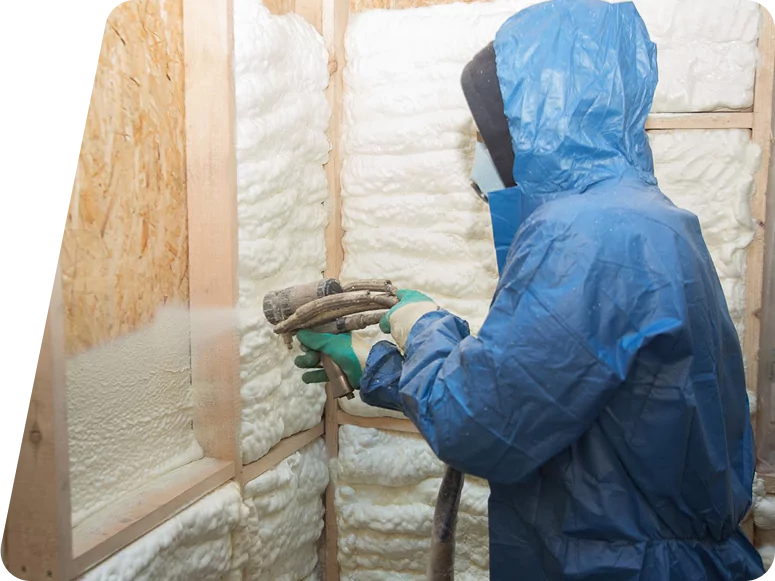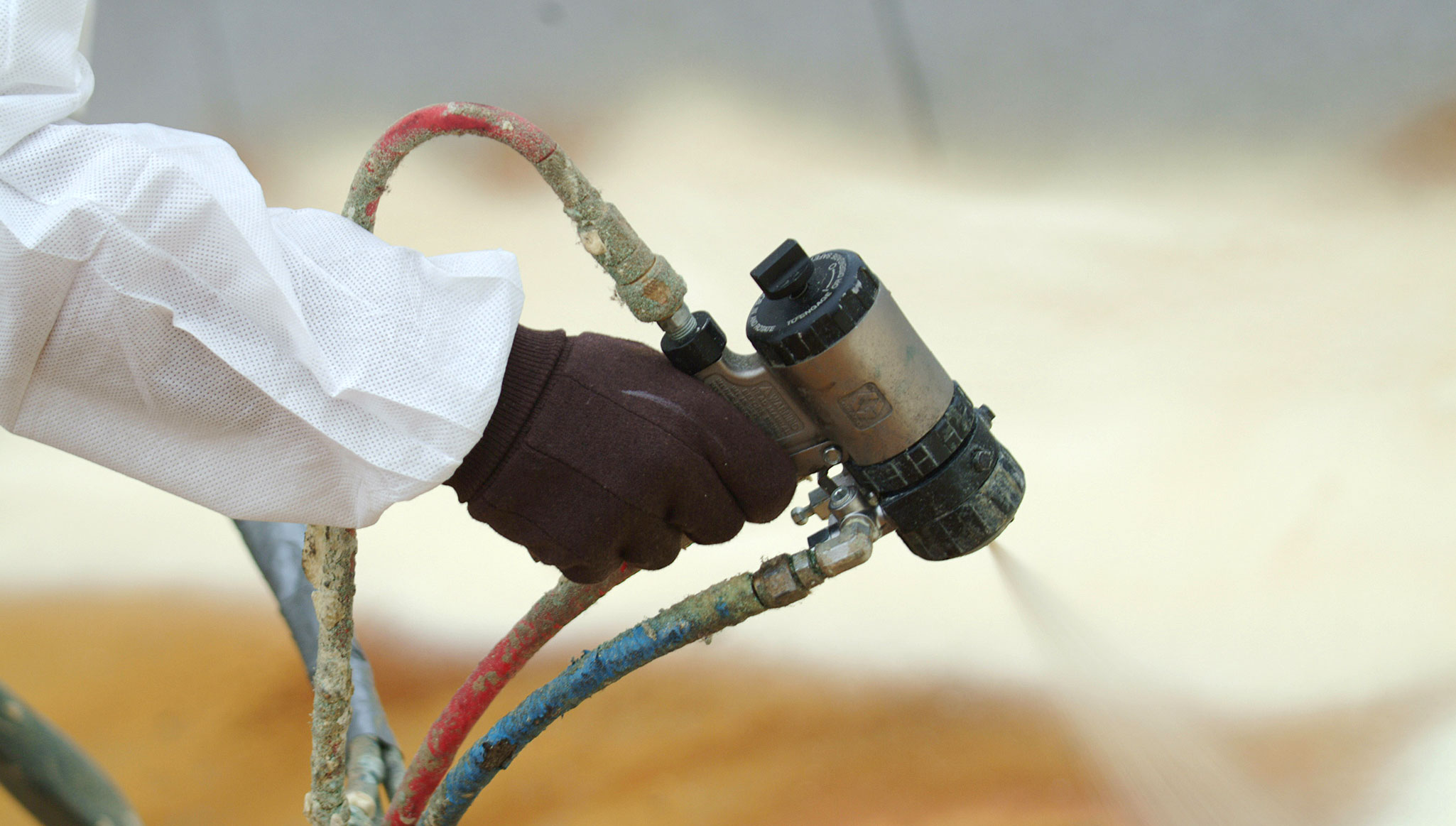Introduction:
In today’s ever-evolving construction industry, it is crucial to stay updated with the latest advancements in technologies and materials. When it comes to insulation and protection, spray foam has been a game-changer, providing unmatched thermal insulation and air sealing properties. However, to maximize the benefits of spray foam, it is essential to consider the use of polyurea, a versatile and durable protective coating. In this blog post, we will explore the advantages and applications of using polyurea with spray foam insulation.
Understanding Spray Foam Insulation:
Spray foam insulation, commonly known as SPF (Spray Polyurethane Foam), is a two-component mixture that, when combined, forms a foam-like substance. This foam expands rapidly upon application, filling gaps and voids, and adheres to various surfaces, creating a seamless and airtight barrier. Spray foam insulation is known for its exceptional insulation properties, effectively reducing energy consumption and maintaining comfortable indoor temperatures.
Benefits of Spray Foam Insulation:
- Energy Efficiency: Spray foam insulation creates an airtight seal, preventing any air leakage or drafts, leading to significant energy savings in heating and cooling costs.
- Moisture Control: By tightly sealing any cracks or gaps, spray foam insulation acts as a moisture barrier, preventing condensation buildup, mold growth, and structural damage.
- Soundproofing: Spray foam insulation also provides excellent soundproofing properties, reducing the transmission of noise between rooms and blocking external noise.
- Increased Structural Integrity: The adhesive properties of spray foam help strengthen the building structure, improving its resistance to wind uplift and other external forces.
- Eco-Friendly: Spray foam insulation helps reduce the overall energy consumption of a building, contributing to a smaller carbon footprint and a more sustainable environment.
Introducing Polyurea:
Polyurea is a type of elastomer that exhibits exceptional durability, flexibility, and chemical resistance. It is formed by the reaction of an isocyanate component with an amine component, resulting in a fast-curing, seamless, and protective coating. Polyurea coatings offer excellent mechanical strength, high elongation, and resistance to abrasion, chemicals, and UV radiation.
Advantages of Using Polyurea with Spray Foam:
- Enhanced Insulation Performance: By applying a thin layer of polyurea over the spray foam insulation, the overall insulation performance is significantly improved. Polyurea acts as an additional thermal barrier to limit heat transfer, reduce energy loss, and enhance energy efficiency.
- Moisture Protection: Polyurea coatings are highly resistant to water and moisture, providing an additional layer of protection against leaks, moisture intrusion, and potential damages caused by water accumulation.
- Seamless and Durable: The application of polyurea creates a seamless and monolithic protective layer, eliminating any potential weak spots or gaps. This increases the durability and lifespan of the spray foam insulation system.
- Chemical and Abrasion Resistance: Polyurea coatings possess excellent chemical resistance, making them highly suitable for environments exposed to chemicals, fuels, solvents, or corrosive substances. Additionally, polyurea provides superior abrasion resistance, protecting the underlying surfaces from everyday wear and tear.
- Flexibility and Adhesion: Polyurea has good flexibility and elongation properties, allowing it to expand and contract with the underlying spray foam insulation as the building materials expand and contract. This prevents cracks and delamination, ensuring long-term performance.
Applications of Polyurea with Spray Foam:
- Roofing Systems: Polyurea coatings are commonly used as a protective layer over spray foam insulation in roofing applications. The seamless and waterproof nature of polyurea prevents moisture intrusion, adds structural integrity, and enhances energy efficiency.
- Industrial Environments: Polyurea coatings are ideal for industrial environments due to their resistance to chemicals, abrasion, and corrosion. Applied over spray foam insulation, they provide an added layer of protection against harsh chemicals, high temperatures, and mechanical stresses.
- Residential and Commercial Buildings: In both residential and commercial buildings, the combination of polyurea and spray foam insulation offers outstanding thermal insulation, soundproofing, and moisture control. This results in energy-efficient buildings with enhanced comfort levels for occupants.
- Transportation Industry: Polyurea coatings can be used in the transportation industry as a protective layer over spray foam insulation on trucks, trailers, and other vehicles. The superior adhesion and chemical resistance of polyurea protect against corrosion, impacts, and harsh weather conditions.
Conclusion:
The combination of polyurea coatings with spray foam insulation offers numerous benefits, ranging from increased energy efficiency to enhanced protection against moisture, chemicals, and mechanical stresses. Whether used in roofing systems, industrial environments, or residential and commercial buildings, this powerful combination ensures long-lasting insulation performance, structural integrity, and cost savings. As the construction industry continues to evolve, embracing innovations like polyurea with spray foam insulation is crucial for achieving sustainable and high-performance building solutions.





